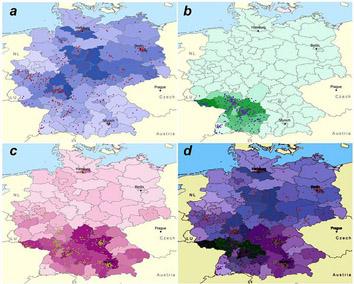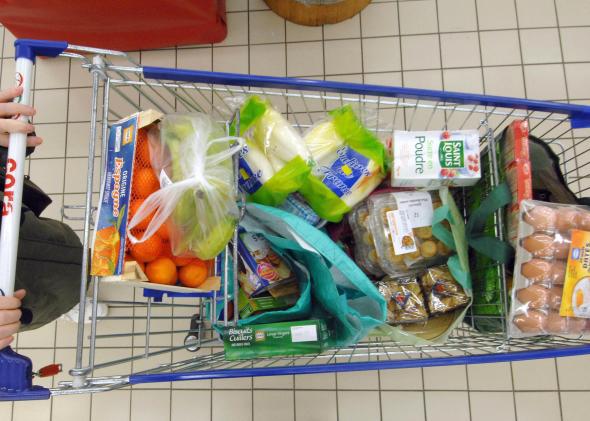Today is July 4. You are about to embark on an epic day of eating. You might languish in one place, next to a bowl of unrefrigerated potato salad. Or you might BBQ hop, in which case you will encounter multiple bowls of potato salad that have sat at room temperature for untold hours. Unperturbed, you will consume multiple servings of potato salad in either scenario because it’s your patriotic duty. You will also eat burgers, hot dogs, and other delicious items that may not have been handled properly after your host’s sixth beer. And later, if you get food poisoning you will have no reason to suspect the potato salad in particular. But IBM will.

Graphics from IBM.
The company is combining predictive algorithms with huge data sets from the food industry to help public health officials identify the source of food poisoning outbreaks. As reports about cases of an outbreak start coming in, IBM’s system can use supermarket data about the 1.7 billion food items sold in the U.S. each week to begin compiling a list of products that might be “guilty.” And the algorithms provide a probability for the likelihood that each item on the list is the cause.
VentureBeat reports that IBM’s predictive tools are based on a method of anticipating which users in mobile games will leave a game in the middle. It might seem like a pretty different type of behavior, but it’s all about gleaning nuance from timing and location data. IBM says that with as few as 10 reported cases, the system can give a list of suspected food sources with 95 percent confidences that one of them will ultimately prove to be correct.
But IBM scientists warn that while the system has great potential for large-scale outbreaks, it can’t make preventative predictions in advance of an outbreak because it uses field data from people reporting food poisoning symptoms to identify the source. James Kaufman, the manager of Public Health Research for IBM Research in San Jose, California, told VentureBeat that, “People are getting sick, and commercial retailers need to know what is coming from where.” But he added, “I don’t want to oversell this, as we are focused on the biggest outbreaks.”
If it’s not ready to analyze small-scale stomach trouble now, maybe July 4, 2015 will be the year of knowing which BBQ to blame.
